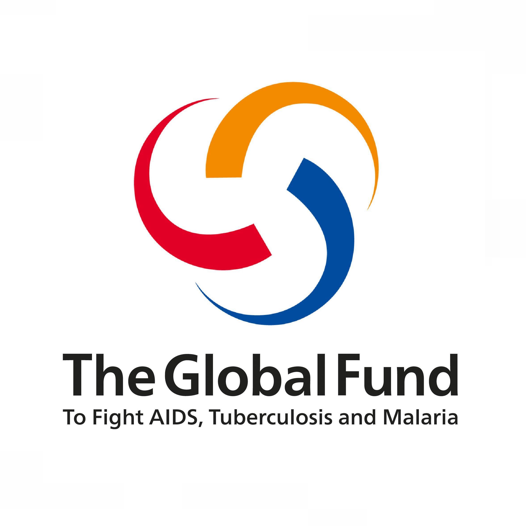
Open letter to the Global Fund to Fight AIDS, TB, and Malaria
10 November 2020
Dear Board Leadership, Board Members and Peter Sands,
Community-led and community-based health systems are essential for Resilient and Sustainable Systems for Health that are person-centred, equitable, evidence-based and inclusive
We are a group of global networks and organisations working to advance global health. We have come together to call on decision makers, civil society, technical experts, relevant private sector and other stakeholders from across the global health response to explore how vertical disease-oriented health programmes can integrate, evolve and transform in order to respond and meet the health needs of all people everywhere, and ultimately achieve the highest attainable standard of health through universal health coverage (UHC).
The COVID-19 pandemic (exacerbated by the collision of communicable and noncommunicable disease) has brought the importance of resilient and sustainable systems for health into sharp focus as the first line of defence against the outbreak of disease.
However, not all COVID-19 responses have recognised the importance of scaling up the work on human rights, the removal of legal and other barriers that hinder access to health, and the importance of community-led and community-based health infrastructure and systems.
The vital role of communities and civil society has been amply demonstrated in responses to COVID-19 all over the world. Communities have been at the forefront of the pandemic response, delivering life-saving and essential medication despite lockdowns and supply chain disruptions, ensuring food supplies, offering psycho-social support and housing and developing public-information campaigns. Community-led health systems are dynamic, have demonstrated ability to deliver integrated programs across disease areas, and can reach the most marginalised and vulnerable.
A global survey by UHC2030 and the Civil Society Engagement Mechanism (CSEM) has found that many governments are making decisions without the meaningful engagement of community, people with lived experiences and civil society representatives. Without due consultation of this health expertise, including social and behavioural research and qualitative health data, national response plans will be incomplete and will inadequately reflect the pandemic’s disproportionate impacts on marginalised and at-risk populations. Moreover, the shrinking of civil society space, the persistence of laws that criminalise exposure and transmission of communicable disease, and the disproportionate use of criminal laws and regulations against key and vulnerable populations during COVID-19, all seriously threaten the attainment of the global health goals.
We know from decades of experience that excluding civil society and community engagement from health approaches results in failure. To be effective, universal health coverage and epidemic preparedness strategies must be based on diverse and multi-sectoral systems for health that integrate and resource community responses as an essential component, rather than an ‘optional extra’. These strategies need to be person-centred and decentralised, addressing all the health needs of the community, especially when targeting communities underserved by current health systems.
We warmly welcome the Global Fund’s commitment to reinforce systems for health by supporting urgent enhancements to community-led response systems, as part of the four-pronged response to the COVID-19 pandemic. In the 2017-2019 allocation cycle, the Global Fund invested more than US$100 million in community systems strengthening. We urge you to safeguard and build further on this strategic investment that has built resilience and sustainability, making a huge difference in the ability of communities to respond to COVID-19.
We therefore call on the Global Fund to:
- Prioritise and proactively support community-led and person-centred health initiatives as a crucial component of Resilient and Sustainable Systems for Health
- Ensure the active and meaningful engagement of civil society, communities and people with lived experiences at every stage of the design and implementation of universal health coverage and COVID-19 response
- Invest in strong, locally community-driven UHC monitoring and accountability mechanisms at district and national level
- Invest in robust public health data mechanisms that monitor accurately the response and can provide information about which communities need greater attention and enhanced access to services so that they are not left behind
- Increase dialogue and initiatives supporting governments to ensure all UHC legislation is rights-based and inclusive, and where necessary reform and repeal laws that criminalise communicable disease
Sincerely,
Georgina Caswell, Head of Programmes, Global Network of People Living with HIV (GNP+)
Victoria Grandsoult, Executive Director a.i., UNITE Global Network of Parliamentarians to End Infectious Diseases
Cary James, Chief Executive Officer, World Hepatitis Alliance
Nina Renshaw, Policy and Advocacy Director, NCD Alliance
Lucy Stackpool-Moore, Director, HIV Programmes and Advocacy, International AIDS Society (IAS)
Contact: Georgina Caswell, email – gcaswell@gnpplus.net







